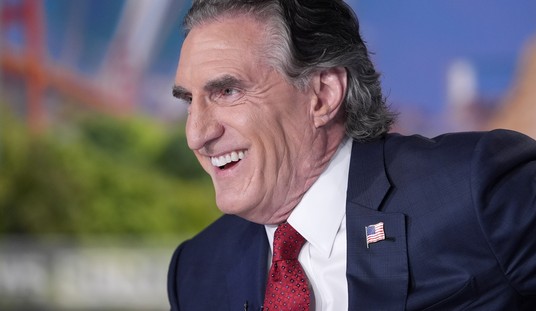The Islamification of Europe was dealt a blow Thursday as the Danish parliament voted yes to banning clothing that covers the face, including the burqa (the head to toe garment) and the niqab (a cloth covering the face) in public places. The center-right governing coalition’s bill received 75 votes in favor and 30 in opposition. 74 members of parliament were absent. The bill becomes law on August 1. It is being called the “Burqa Ban” and predictably, Muslims are upset.
Widely known as the “Burqa Ban,” the measure is perceived by critics as targeting Muslim women who choose to cover themselves with the burqa, a head to toe garment, or the niqab, a cloth covering the face.
Human rights campaigners say the law will have particularly negative consequences for Muslim women, limiting their identity and freedom.
The law will carry monetary penalties. The first offense will cost 1,000 kroner ($156.00) and escalate to 10,000 kroner ($1568.00) by the fourth offense. A prison sentence was taken out of the bill before passage. The police will have discretion in issuing the fines since some common sense will be needed to enforce the law. Cold weather, for example, will be taken into consideration in facial covering. Helmets for protection are allowable, too.
The justice minister, Søren Pape Poulsen, said it would be up to police officers to use their common sense when they see people violating the law, which comes into force on 1 August.
The legislation allows people to cover their face when there is a “recognisable purpose” such as cold weather or complying with other legal requirements, for example using motorcycle helmets under Danish traffic rules.
Supporters of the ban say that the coverings are “a form of female oppression, obstructs communication in schools and court rooms and presents a potential security hazard.” It’s also about assimilation and that is not a new concern.
But veils have been a source of controversy in Denmark for years. Danish Prime Minister Lars Løkke Rasmussen said in 2010 that “the burqa and the niqab do not have their place in the Danish society. They symbolize a conception of the woman and of the humanity to which we are fundamentally opposed and that we want to fight in the Danish society,” according to the Library of Congress.
Denmark joins France, Austria, and Belgium who all have similar laws. German Chancellor Angela Merkel has called for a ban, too.
In December 2016, German Chancellor Angela Merkel said that “the full-face veil is not acceptable in our country,” and called for it to be banned. France and Belgium have enforced bans on burqas and other garments that cover the face. Local governments in Italy, Spain and Switzerland have also imposed bans, many of which have been challenged in court.
The wearing of the hijab is most common in the western world. This allows Muslim women to modestly cover their heads while leaving their faces uncovered. This seems to me to be a practical compromise that allows retention of religious freedom and assimilation to western society at the same time. Denmark made a practical decision brought on by trying to integrate immigrants into their society.








Join the conversation as a VIP Member